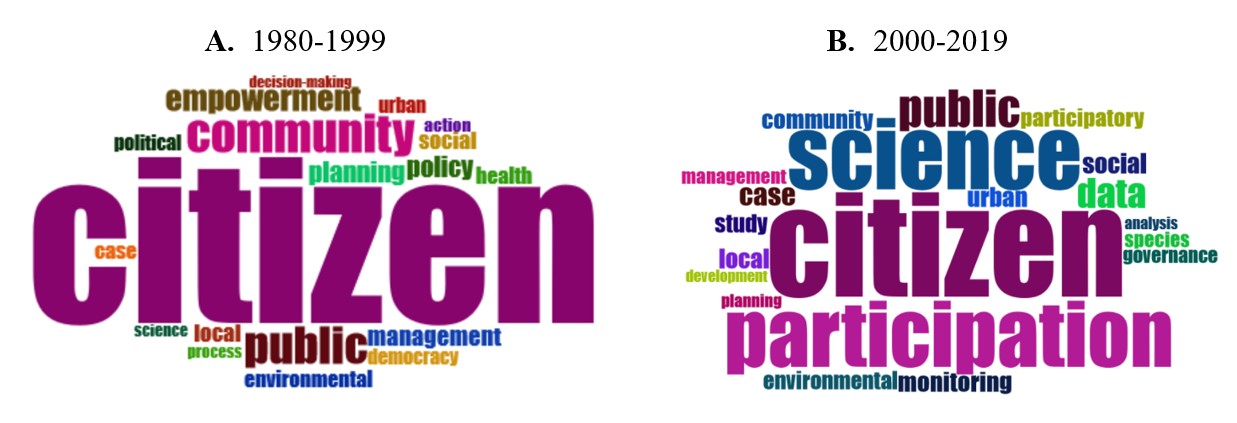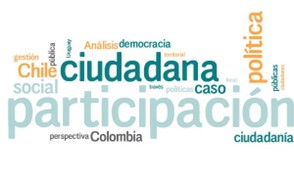Scientific production on the democratization of science a comparison between Web of Science and SciELO
Scientific publications on the subject of “democratization of science” were examined, showing the temporal and thematic patterns in two databases. Scientific publications, in all areas of knowledge, are concentrated in developed countries, which also hold economic power, the most prestigious universities, and the most widely distributed scientific journals. That translates to databases as well. In this project, we examine the Web of Science database, international and mostly in English, and SciELO, an Ibero-American database, where publications in Spanish and Portuguese are mainly concentrated.
Objective
In this work the scientific production present in Web of Science and SciELO on the subject of democratization of science was compared, analyzing the difference in the number of publications, when they appear in the databases, the most influential countries, the relationships of collaboration, and the central themes discussed.
Workflow
- Boolean search in Web of Science (WOS) and SciELO using the same set of keywords, linked to issues of “democratization of science”
- Time frame determined
- The data was imported to Rstudio for the bibliographic analysis with Bibliometrix package
- Word clouds were made to identify the topics worked on
- World trend and evolution was also analyzed (not shown outputs)
Results
- In SciELO the theme appears some years later than in WOS but with great growth, indicating that the articles present in this database seem to follow the same themes as those of WOS.
Cloud of central words based on the titles of the articles present in Web of Science divided into two periods: from (A) 1980-1999 and from (B) 2000-2019

- Some concepts have maintained their centrality over time, as is the case of “citizen” which is presented as more recurrent in both periods. “Public” remains relatively central over time. Issues such as “empowerment” and “community” lose centrality, giving rise to the term “participation”.
Word cloud based on the titles of the articles present in SciELO

- In SciELO the words are similar to those observed in the WOS articles, but we have the appearance of the name of countries. This suggests that the topics discussed in the Latin American countries tend to follow the central discussion, but focus the discussions in the context of each Latin American country.
Conclusions
The results obtained support issues already present in the theoretical framework about the centrality of Anglo-Saxon countries in the production of scientific articles and the demarcation of research agendas. It is noted, both due to the temporal aspect of the appearance of the publications on the democratization of science, as well as the concepts used, that the articles present in SciELO tend to follow the trend of the Web of Science, adapting it to Latin American realities.
References
Aria, M., & Cuccurullo, C. (2017). bibliometrix: An R-tool for comprehensive science mapping analysis. Journal of Informetrics, 11(4), 959–975. https://doi.org/10.1016/j.joi.2017.08.007
Bucchi, M., & Neresini, F. (2016). Science and public participation. En The handbook of science and technology studies (3a ed.). The MIT Press.
Capel, H. (2004). Libelo contra el inglés. IX(490).
Hagendijk, R., & Irwin, A. (2006). Public deliberation and governance: Engaging with science and technology in contemporary Europe. 44, 167–184.
Irwin, A. (2001). Constructing the scientific citizen: Science and democracy in the biosciences. 10, 1–18.
Kreimer, P. (2011). La evaluación de la actividad científica: Desde la indagación sociológica a la burocratización. Dilemas actuales. 2(36), 59–77.
